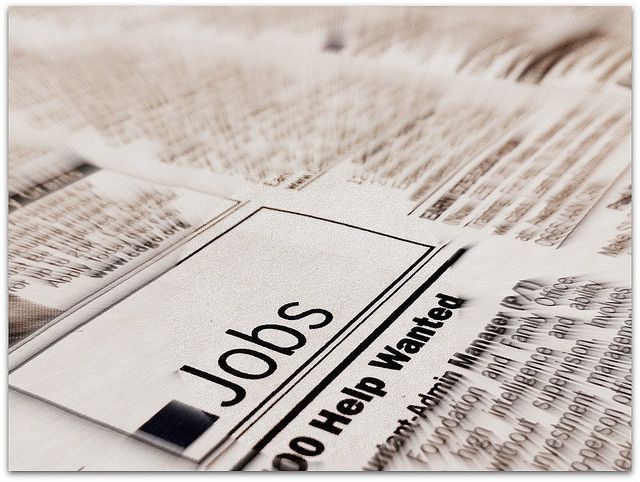States Owe The Government Billions in Unemployment Taxes
Twenty-three U.S. states — governed by Republicans and Democrats alike — weren’t prepared to pay out as many unemployment claims as were made during the pandemic. And the chickens, as they say, have come home to roost.
In Texas, for example, the state received what would normally be two years of unemployment claims in the first two months of the COVID-19 pandemic, Texas Public Radio (TPR) reports. So its coffers drained quickly; the state got a $7 billion loan from the federal government to cover the shortfall, but now that loan is coming due, and taxpayers may “feel the real cost of chronic underfunding,” TPR reports.
Texas is one of the worst offenders in terms of under-charging employers for unemployment taxes in a bid to keep business taxes low. The state ranked 50th out of 53 states and districts (including D.C., Puerto Rico and the Virgin Islands) in terms of unemployment funding. But California and New York borrowed more money from the Treasury to cover their unemployment fund shortfalls.
“This is red and blue, both. California, Texas, New York, they underfund the UI funds,” William Glasgall, senior vice president of state and local initiatives at the Volcker Alliance, a nonpartisan group focused on government fiscal practices, told TPR.
Fed Study: Unemployment Benefits Didn’t Discourage People From Working
Once more for those in the back: Unemployment benefits during the pandemic are not to blame for the labor shortages seen around the country, two Federal Reserve Bank of San Francisco researchers argue in a new piece for Barron’s.
Researchers studied how quickly people who had been laid off during the pandemic found new jobs; a typical talking point throughout the pandemic was that the additional $600 weekly benefit meant that many unemployed people were making more without a job than with one, suggesting that people had no incentive to return to work.
But the Fed economists found that by June 2020, only workers in food service — the lowest-paid job that the economists examined — preferred to stay unemployed.
They did find that in April and May 2020, the earliest months of the pandemic, “job-finding rates were somewhat lower” for people who were receiving more unemployment benefits than their previous job paid, but that the impact on unemployment rates was “very small.”
It’s Official: the OCC Proposes Rollback of Trump-Era CRA Reform
The Office of the Comptroller of the Currency has officially proposed rescinding former president Trump’s reformation of the Community Reinvestment Act, the civil rights-era legislation that is meant to steer bank investments into underserved communities.
As Next City has thoroughly documented, groups on both sides of the political aisle believe that the CRA needs to be reformed, but have disagreed completely on how to do so. The Trump-era reform, spearheaded by former Comptroller of the Currency Joseph Otting, would have made it easier for banks to pass their CRA evaluations (currently already 97% of banks receive a passing grade) by changing what sorts of investments qualify. Things like sports stadiums in low-income neighborhoods would have earned banks points toward passing their exam, even if constructing the stadium would have gentrified the neighborhood and forced community members out.
Now, the OCC proposes working together with the other two banking regulators — the FDIC and the Federal Reserve — to craft a law that will apply to all three.
“This [revamp] is a top priority for us, and we’re moving with all deliberate speed,” acting Comptroller Michael Hsu told Reuters. “We’re signaling to folks that we’re going to get this thing done.”
This article is part of The Bottom Line, a series exploring scalable solutions for problems related to affordability, inclusive economic growth and access to capital. Click here to subscribe to our Bottom Line newsletter.


















